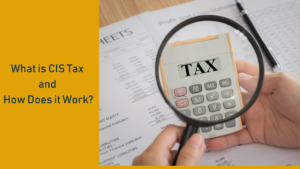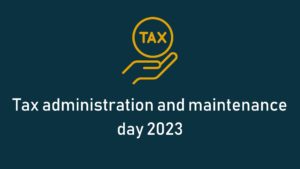“Demystifying Section 455 Tax: A Comprehensive Overview”
Introduction: Section 455 tax is a concept within the realm of UK corporate taxation that carries implications for directors and shareholders of close companies. Understanding the nuances of Section 455 tax is crucial for businesses to ensure compliance and make informed financial decisions. Let’s delve into the key aspects of Section 455 tax.
- Definition and Scope: Section 455 tax, as per the UK tax law, applies to loans or advances made by a close company to a director or a ‘participator’ in the company. A participator includes those with a significant interest, typically shareholders or their associates.
- Chargeable Rate: When a close company provides a loan to a participator and fails to receive repayment within the specified time frame, Section 455 tax is triggered. The tax is levied at the prevailing Corporation Tax rate on the outstanding loan amount.
- Repayment Period: The repayment period is a crucial element. Generally, if the loan is repaid within nine months and one day after the end of the company’s accounting period in which the loan was made, Section 455 tax is not applicable. Failure to meet this deadline triggers the tax.
- Impact on Directors and Shareholders: Directors and shareholders who have received loans from close companies need to be aware of Section 455 tax implications. It’s essential to manage loans appropriately, ensuring timely repayments to avoid unnecessary tax liabilities.
- Avoidance Strategies: To mitigate Section 455 tax implications, businesses may explore various strategies. These include repaying the loan within the specified timeframe, declaring dividends instead of providing loans, or seeking professional advice to navigate complex scenarios.
- HMRC Compliance and Reporting: Accurate reporting to HMRC is vital to comply with tax regulations. Close companies must ensure that any relevant transactions, including loans to participators, are appropriately documented and reported in their tax returns.
- Professional Guidance: Given the intricacies of Section 455 tax, seeking professional advice from accountants or tax experts is advisable. They can provide tailored guidance based on the specific circumstances of the company, helping to optimize financial management and mitigate tax risks.
Conclusion: Section 455 tax is a significant consideration for directors and shareholders of close companies in the UK. By understanding the criteria, repayment deadlines, and exploring effective strategies, businesses can navigate this aspect of corporate taxation and ensure compliance with HMRC regulations.









